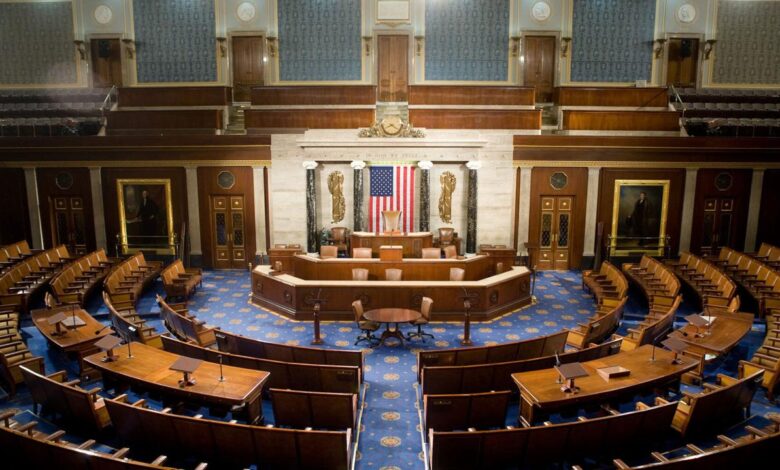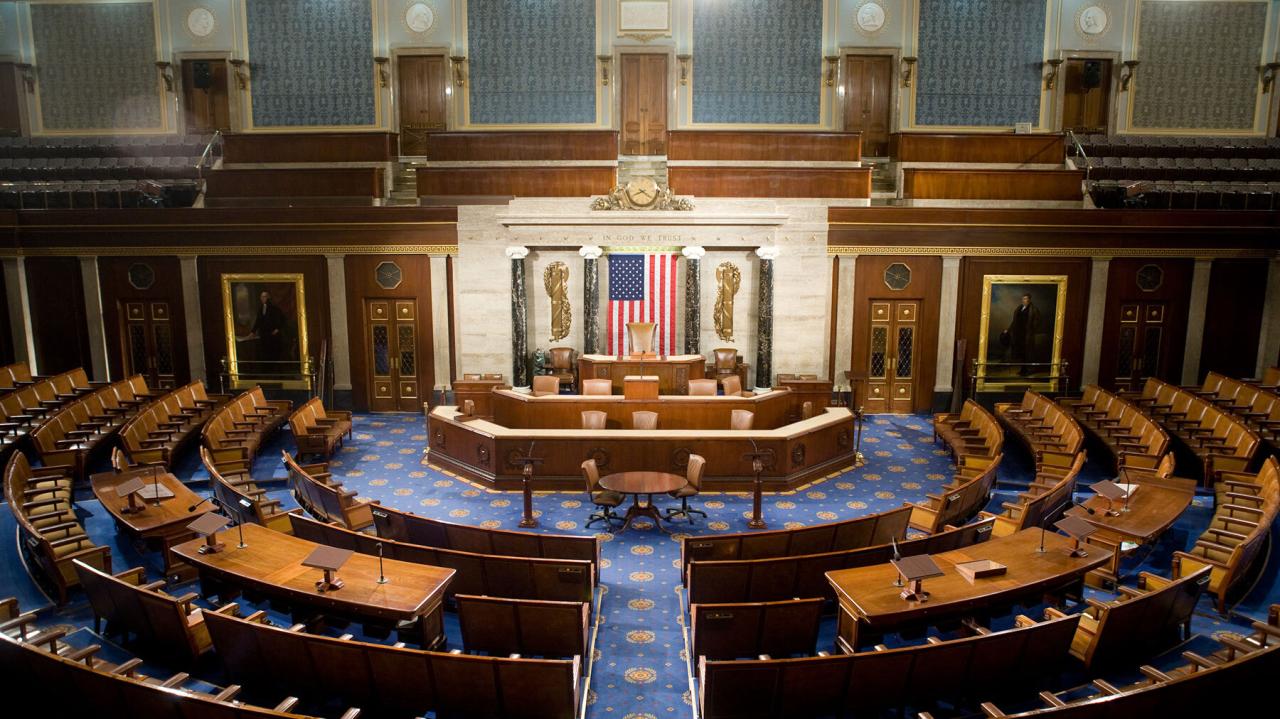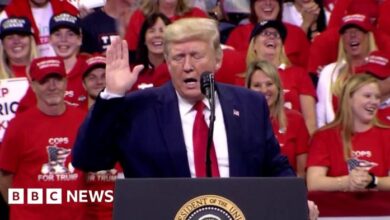
House Begins to Move on Sweeping Gun Control Legislation
House Begins to Move on Sweeping Gun Control Legislation, a phrase that echoes through the halls of Washington D.C. and across the nation. This long-debated topic has once again found itself at the forefront of American political discourse, sparking passionate arguments and raising crucial questions about the balance between individual rights and public safety.
The current political landscape is rife with tension, with both sides of the aisle firmly entrenched in their respective stances.
This debate is not simply a matter of policy but a reflection of deeply held values and beliefs about the role of government, the meaning of freedom, and the responsibility we bear as citizens. As the house prepares to vote on this critical legislation, we find ourselves at a crossroads, where the decisions made today will have a profound impact on the future of our nation.
International Perspectives
The United States stands out in the developed world for its relatively lax gun control laws. Many countries have implemented stricter regulations, with varying degrees of success in reducing gun violence. Examining these international approaches provides valuable insights into potential solutions for the United States.
Gun Control Laws in Other Countries
A variety of gun control measures are employed globally. Some countries, like Japan and Australia, have implemented comprehensive restrictions, while others, like Canada and the United Kingdom, have adopted more moderate approaches.
- Japan: Japan has some of the strictest gun control laws in the world. Ownership is tightly regulated, with rigorous background checks, mental health evaluations, and extensive training requirements. Gun ownership is limited to individuals with a demonstrable need, such as security guards or hunters.
The country also has a strict ban on automatic weapons and high-capacity magazines.
- Australia: Australia implemented significant gun control measures following the Port Arthur massacre in 1996. These included a ban on semi-automatic and automatic firearms, a buyback program for existing weapons, and stricter licensing requirements. The measures led to a dramatic decrease in gun-related deaths and a significant reduction in gun ownership.
- Canada: Canada has a more moderate approach to gun control, with a mix of federal and provincial regulations. The country requires background checks, licensing, and registration for firearms. However, there are fewer restrictions on types of firearms and ammunition than in some other countries.
- United Kingdom: The United Kingdom has a long history of gun control, with a focus on restricting access to handguns and semi-automatic weapons. The country has a licensing system for firearms and a ban on most automatic weapons. However, the country has faced challenges with illegal firearms entering the country.
Effectiveness of Gun Control Laws
Numerous studies have examined the effectiveness of gun control laws in reducing gun violence.
- Australia: The Australian gun control measures following the Port Arthur massacre have been widely credited with reducing gun violence. Studies have shown a significant decrease in gun-related deaths and a reduction in firearm suicide rates.
- United Kingdom: The United Kingdom’s gun control laws have also been associated with a decrease in gun violence. Studies have shown a significant reduction in gun-related homicides and a lower rate of gun ownership compared to other developed countries.
- Japan: Japan’s strict gun control laws have resulted in one of the lowest rates of gun violence in the world. The country has a very low rate of gun-related homicides and suicides.
Comparative Approaches to Gun Control, House begins to move on sweeping gun control legislation
Different countries adopt distinct approaches to gun control, reflecting their unique cultural, historical, and political contexts.
- Comprehensive Restrictions: Countries like Japan and Australia have implemented comprehensive restrictions on gun ownership, focusing on reducing access to firearms and limiting the types of weapons available. These approaches have been successful in reducing gun violence but have also been met with resistance from gun rights advocates.
- Moderate Regulations: Countries like Canada and the United Kingdom have adopted more moderate approaches, focusing on licensing, background checks, and restrictions on certain types of weapons. These approaches have been less controversial than comprehensive restrictions but may not be as effective in reducing gun violence.
- Focus on Mental Health: Some countries have placed a greater emphasis on addressing mental health issues as a means of reducing gun violence. This approach acknowledges that mental illness can be a contributing factor to violence, but it does not address the issue of easy access to firearms.
Ultimate Conclusion: House Begins To Move On Sweeping Gun Control Legislation

The debate surrounding gun control legislation is a complex one, with no easy answers. It’s a conversation that demands careful consideration of all perspectives, a willingness to engage in respectful dialogue, and a commitment to finding solutions that prioritize the safety and well-being of all Americans.
As we move forward, it is imperative that we approach this issue with a spirit of unity and a shared desire to build a safer and more just society for generations to come.
The news about the house beginning to move on sweeping gun control legislation has been met with mixed reactions, but one thing is certain: it’s a topic that’s deeply dividing the nation. It’s hard not to feel a sense of dread, especially with the rise of what some are calling “the bad vibes economy” the bad vibes economy where fear and uncertainty seem to be driving everything.
It’s clear that this is a pivotal moment in our history, and how we navigate this issue will have a profound impact on the future of our country.
The House is taking a significant step towards stricter gun control with the introduction of sweeping legislation. While this debate rages on, President Biden is focusing on a different issue, visiting the Port of Los Angeles to address the global inflation problem, as seen in this article biden to visit port of los angeles casting inflation as a global problem.
It remains to be seen how these two very different issues will play out in the coming weeks, but both are sure to have a major impact on American society.
The house is finally beginning to move on sweeping gun control legislation, a monumental shift that could have lasting repercussions. It’s fascinating to analyze how this policy will impact the country in the long run, much like we’ve seen with the analysis of the long-lasting legacy of a short-term prime minister.
While the immediate focus is on the gun control debate, it’s important to consider how these changes will resonate throughout the nation’s history and shape the future.






